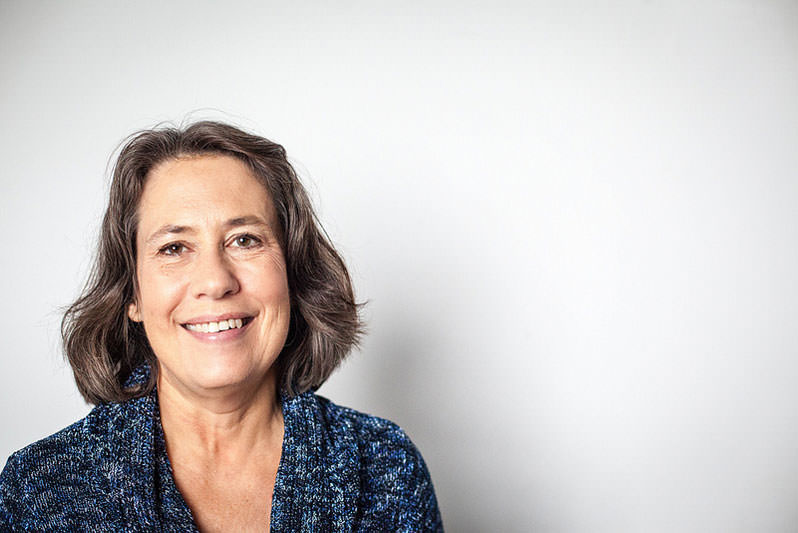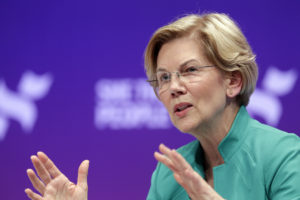Former Regulator Sheila Bair Works for a Bank Now, but It’s Not What You Think
As head of the FDIC, Sheila Bair was one of the best known critics of banks. Now she works for one. So when is a revolving door not a revolving door? Thatcher Cook/PopTech (CC-BY-SA)
Thatcher Cook/PopTech (CC-BY-SA)
As head of the FDIC, Sheila Bair was one of the best known critics of banks. Now she works for one. So when is a revolving door not a revolving door?
Jesse Eisinger, writing for ProPublica and The New York Times, says Bair adhered to a strict set of principles before taking a presumably high-paying gig, something many who cash out of government cannot claim. Bair has refused to work for an American bank — and there were offers — because as a former regulator there would have been a conflict. In fact, her standards are even higher. “When she gives a speech to a bank that the F.D.I.C. oversaw in any fashion, her fee goes to charity,” Eisinger writes.
Bair will work on the board of Santander, a Spanish bank that is made up of smaller institutions across the Spanish-speaking world. As Eisinger notes, “Kudos to Santander for putting a bank reformer on its board. No big American bank has been so moved.”
The revolving door is clearly a problem for capitalist democracies, but of what sort? Officials work in government, learn the weaknesses in the law and how to work their way through the halls of Congress and sell those skills to the highest bidder. Government work serves as an internship program for law firms and large corporations, many of which are seeking to test the boundaries of the law and regulations if not subvert their intent.
Yet government officials cannot be monks, taking vows to live only lives if not of poverty than of civil servitude. Regulatory bodies need to import professionals with real-world expertise. The regulated entities benefit when they hire former regulators who have respect for the rules. Pure prohibitions aren’t the solution.
We just have to hope more former civil servants follow Bair’s example. And it would be nice if more banks followed Santander’s.
— Posted by Peter Z. Scheer
Your support matters…Independent journalism is under threat and overshadowed by heavily funded mainstream media.
You can help level the playing field. Become a member.
Your tax-deductible contribution keeps us digging beneath the headlines to give you thought-provoking, investigative reporting and analysis that unearths what's really happening- without compromise.
Give today to support our courageous, independent journalists.






You need to be a supporter to comment.
There are currently no responses to this article.
Be the first to respond.